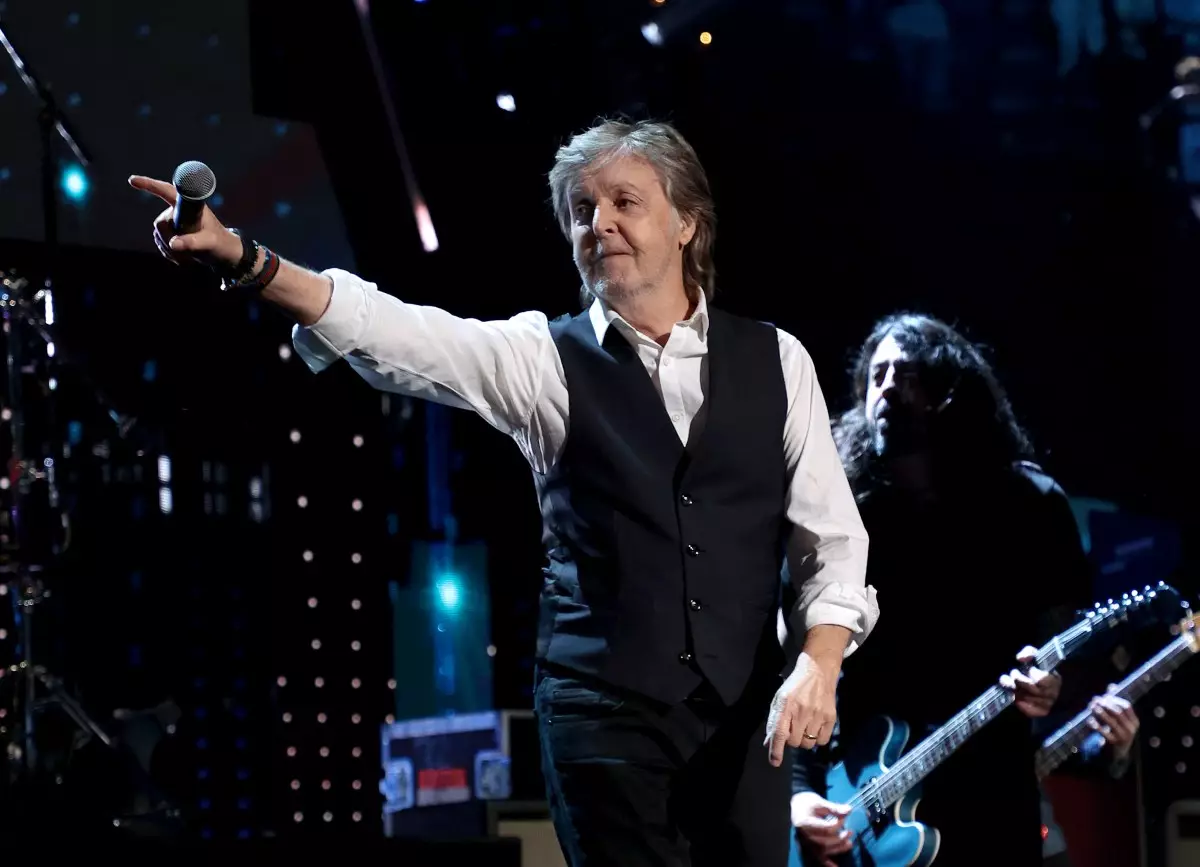The announcement that The Beatles have garnered nominations for two Grammy awards in 2023 has stirred up nostalgia and intrigue in equal measure. Their song “Now and Then,” released in the previous year, is contending for Record of the Year and Best Rock Performance. This notable achievement is unexpected, considering that the iconic band disbanded over half a century ago. However, the integration of artificial intelligence in music production has enabled Paul McCartney to breathe new life into archival material, creating what he refers to as “the last Beatles record.”
Rather than utilizing AI to recreate the voices of his late bandmates, John Lennon and George Harrison, McCartney focused on enhancing the sound quality of a 1978 demo by Lennon. This modern approach draws significant inspiration from the monumental documentary series “The Beatles: Get Back,” helmed by filmmaker Peter Jackson. The work showcased the band’s dynamic during their 1969 recording sessions, revealing the potential for technology to elevate historical recordings. Notably, the 2021 series used AI techniques to isolate each member’s voice from background noise, a feat that highlights the evolution of audio editing.
AI has played a transformative role not only in enhancing older recordings but also in shaping contemporary music production. The involvement of Emile de la Rey, the dialogue editor from the documentary, underscores the sophistication of these modern tools. Just as platforms like Zoom employ machine learning to filter background sounds during video calls, similar principles can be applied to music, allowing producers to isolate particular instruments or vocal elements in a track. This technical prowess opens up dialogue about the future and ethics of music creation.
As The Beatles face off against popular contemporary artists like Sabrina Carpenter, Chappell Roan, and Beyoncé, the category is poised for a fascinating showdown. It raises questions about the nature of popularity and relevance in today’s music landscape. “Now and Then,” despite its historical significance, trails behind in streaming figures compared to other nominations, boasting only 78 million Spotify streams. This statistic brings us to an intriguing notion: could this be a classic case of novelty taking precedence over streaming numbers in the prestige of the Grammys?
Perhaps the pivotal inquiry is whether The Beatles can win based on their established legacy or if they will face a tough challenge from influential artists like Billie Eilish and Kendrick Lamar, whose more modern sounds resonate with a digital-savvy audience. This scenario not only tests the boundaries of musical appreciation but also invites discussions about nostalgia and its role in contemporary culture.
Ultimately, the resurgence of The Beatles in today’s industry landscape exemplifies how technology can both revive and redefine music history. It serves as a reminder of their enduring influence and raises critical considerations about what constitutes relevance in the streaming age. As we anticipate the Grammy results, one thing is certain: the intersection of nostalgia and innovation continues to captivate audiences and challenge the music industry’s status quo.

